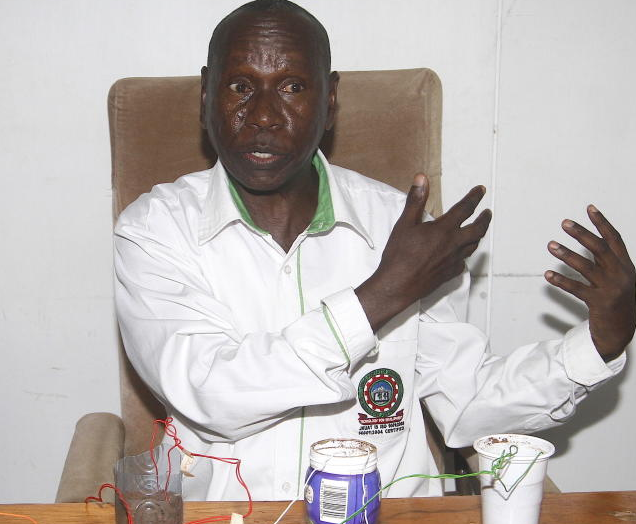×
The Standard e-Paper
Home To Bold Columnists

The biggest challenge that Wairimu Mureithi has faced for a long time is ensuring her crops are well watered.
The arrangement between Ms Mureithi and her farm managers hired to tend to her 20-acre farm in Nyeri is ensuring the crops are irrigated on a precise schedule.